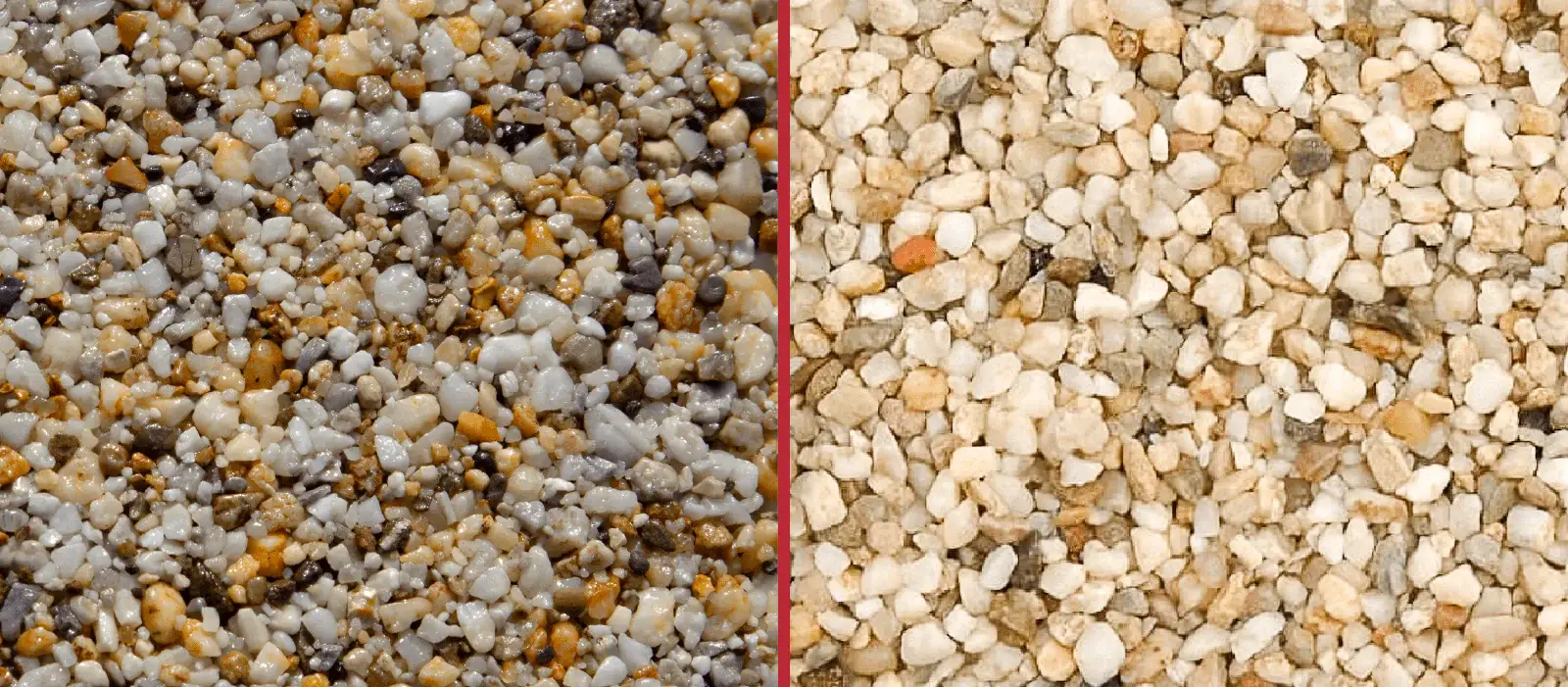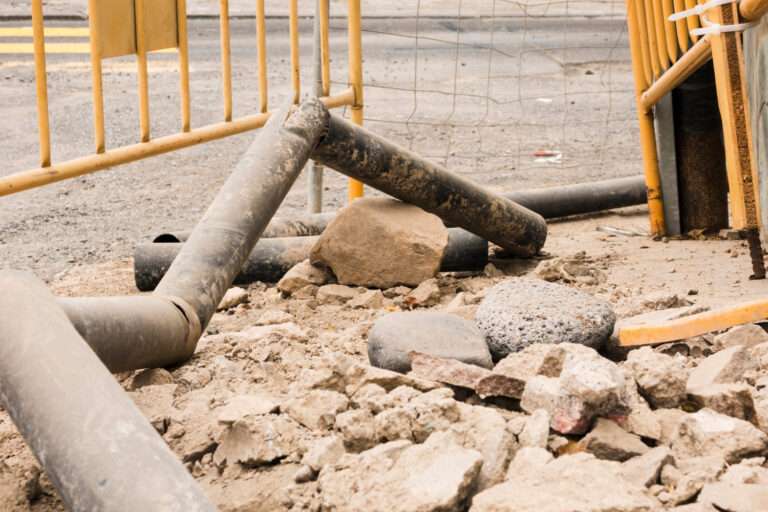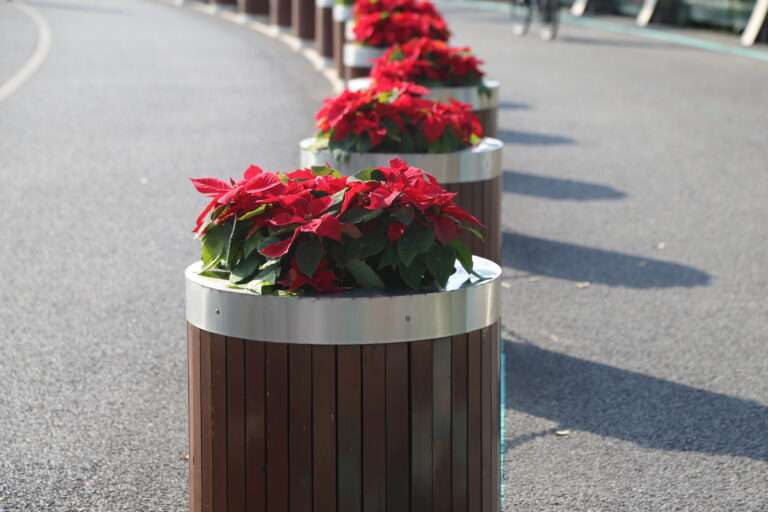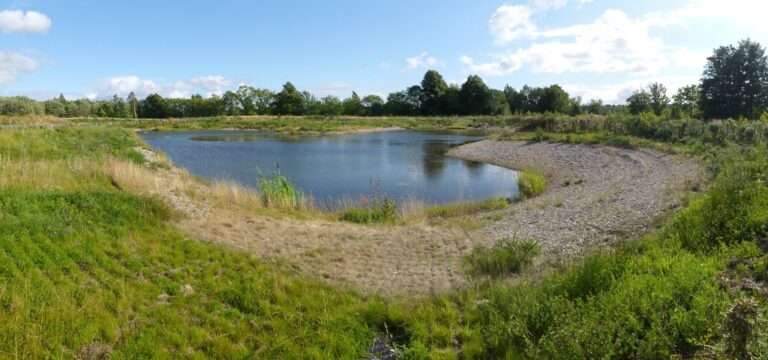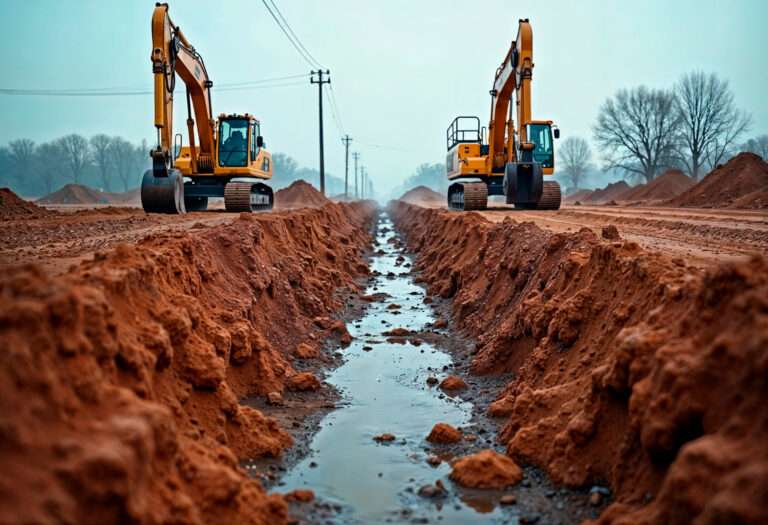Resin Bound vs Resin Bonded: What’s the Difference and Which is Best for Your Home?
Resin driveways look smart, don’t they? Smooth, colourful, modern. But here’s the catch: when people say “resin drive,” they often mean two quite different things — resin bound and resin bonded. They sound similar, they look similar at first glance, and installers sometimes blur the terms. But the difference matters. Big time.
So, what’s the deal? And more importantly — which one should you choose for your home?
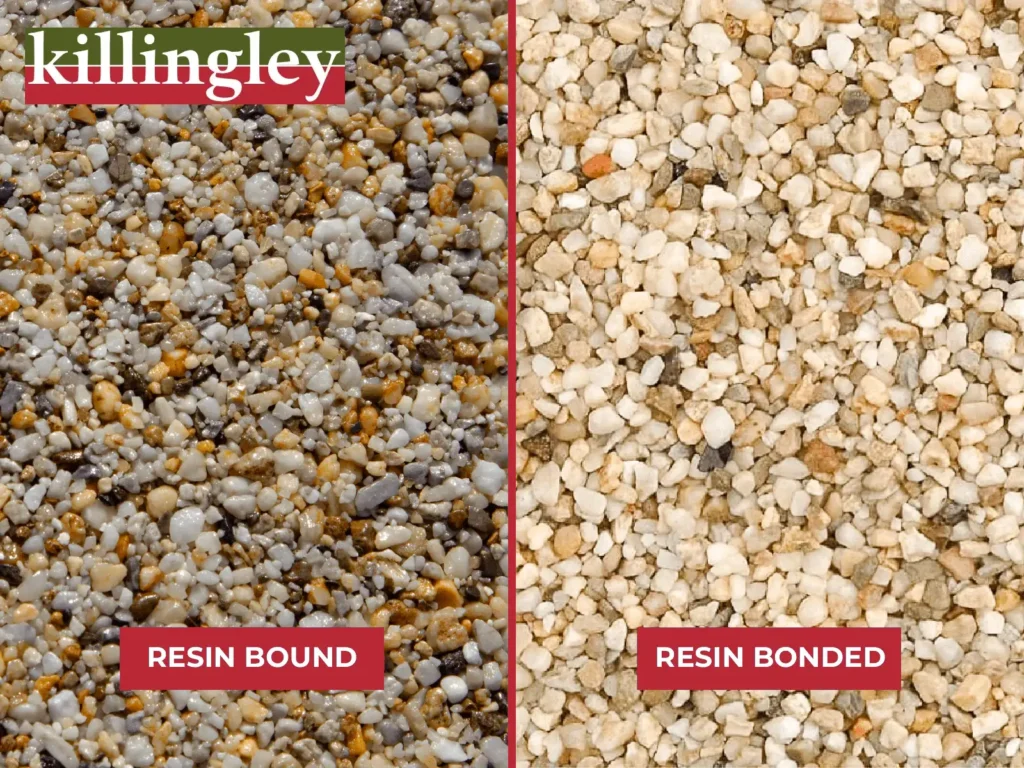
Resin Bound vs Resin Bonded – The Basics
Let’s strip it back.
Resin bound: The resin and aggregate (stone) are mixed together first, then spread evenly onto a prepared base. The stones are fully coated, the surface is trowelled smooth, and crucially — water drains through.
Resin bonded: Resin is laid down first, and then aggregate is scattered across it (think of it like sprinkling sugar on buttered toast). The stones stick to the top, but they aren’t sealed in, and the surface is not permeable.
That’s the textbook definition. But how does that translate to real life?
Side-by-Side Comparison
Here’s a simple table showing the differences that really matter if you’re deciding between them:
| Feature | Resin Bound | Resin Bonded |
|---|---|---|
| Drainage | Fully permeable (SuDS compliant) | Non-permeable |
| Finish | Smooth, seamless | Rough, textured |
| Longevity | 15–20 years (if installed well) | 8–12 years |
| Maintenance | Low (occasional wash) | Higher (loose stones, resealing needed) |
| Cost | £50–£75 per m² | £35–£55 per m² |
| Best for | Driveways, patios, heavy-use areas | Paths, courtyards, decorative areas |
See the difference? Resin bound is the premium option, designed for long-term use and vehicles. Resin bonded is cheaper upfront but doesn’t age as gracefully.
Resin Bonded Paths and Driveways
Here’s the thing: resin bonded gravel does have its place. For paths, courtyards, or areas where you want that rough-textured look — almost like a gravel drive without the scatter — it works. It’s also less slippery in the wet compared to resin bound.
But on a driveway? You’ll quickly notice the downside. Stones come loose. Puddles form because it doesn’t drain. And after a few winters, it looks patchy.
That said, if you just need a decorative finish on a budget — maybe for a cottage path or a garden feature — resin bonded is a tidy option.
What About Costs?
Money often makes the decision. Let’s be blunt: resin bonded is cheaper, no question. But how much cheaper?
| Driveway Size | Resin Bound Cost | Resin Bonded Cost |
|---|---|---|
| Small (20m²) | £1,200 – £1,600 | £700 – £1,000 |
| Medium (50m²) | £2,750 – £3,750 | £1,750 – £2,500 |
| Large (100m²) | £5,000 – £7,000 | £3,500 – £5,000 |
These are rough UK averages, and they swing depending on where you live (Londoners, brace yourselves). But the pattern is clear: resin bonded driveways can save you around a third upfront. The flip side? You’ll likely replace it sooner, and maintenance costs creep in.
So when weighing up the cost of bonded resin driveway, ask yourself: is short-term saving worth the long-term hassle?
Which Looks Better?
Personal taste, but here’s my view. Resin bound looks sleek and modern, almost like polished stone. It suits contemporary homes, neat brick semis, even farmhouses where you want a clean but natural look.
Resin bonded, meanwhile, has that gravelly texture. It can look authentic in a heritage setting — think National Trust pathways or old cottages. But it can also look patchy on large driveways.
If you’re fussy about kerb appeal (most of us are when we’re selling), resin bound wins.
A Quick Detour: Installation Matters
Here’s a truth few brochures admit: half the horror stories about resin drives aren’t about the resin at all. They’re about the base. Poor preparation — skipping the right sub-base, rushing drainage — and the surface fails no matter what system you pick.
That’s why it’s worth reading through the detail on Resin Bound & Bonded Surfacing before choosing an installer.
Questions People Ask
Can resin bonded driveways crack?
Yes, more so than resin bound, because the stones sit on top rather than being fully sealed.
Are they SuDS compliant?
No. Resin bonded is non-permeable, so in some cases you might need planning permission if it covers more than 5m² and drains onto the street.
Do they get slippery?
Bound can be slippery when moss builds up, but bonded naturally has more grip thanks to its rough texture.
How long do they last?
Bound: up to 20 years. Bonded: around 10 years, give or take.
My Verdict
If you’re doing a driveway — go resin bound. It’s more expensive, yes, but it lasts longer, drains properly, and looks smarter. If you’re after a cottage-style path or decorative courtyard, resin bonded gravel makes sense.
For me, bonded feels a bit like patching a roof with felt: it’ll work, but you know it’s not the final answer. Resin bound, on the other hand, is a “do it once, do it properly” job.
Conclusion
Both systems have their place. Resin bound is the premium driveway surface: smooth, durable, permeable, and built to last. Resin bonded is the cheaper, decorative cousin — great for paths, less great for long-term driveways.
So, which is best for your home? If budget rules everything, bonded might win. If quality and kerb appeal matter, bound is worth every penny.
Killingley Insights is the editorial voice of NT Killingley Ltd, drawing on decades of experience in landscaping, environmental enhancements, and civil engineering projects across the UK.


